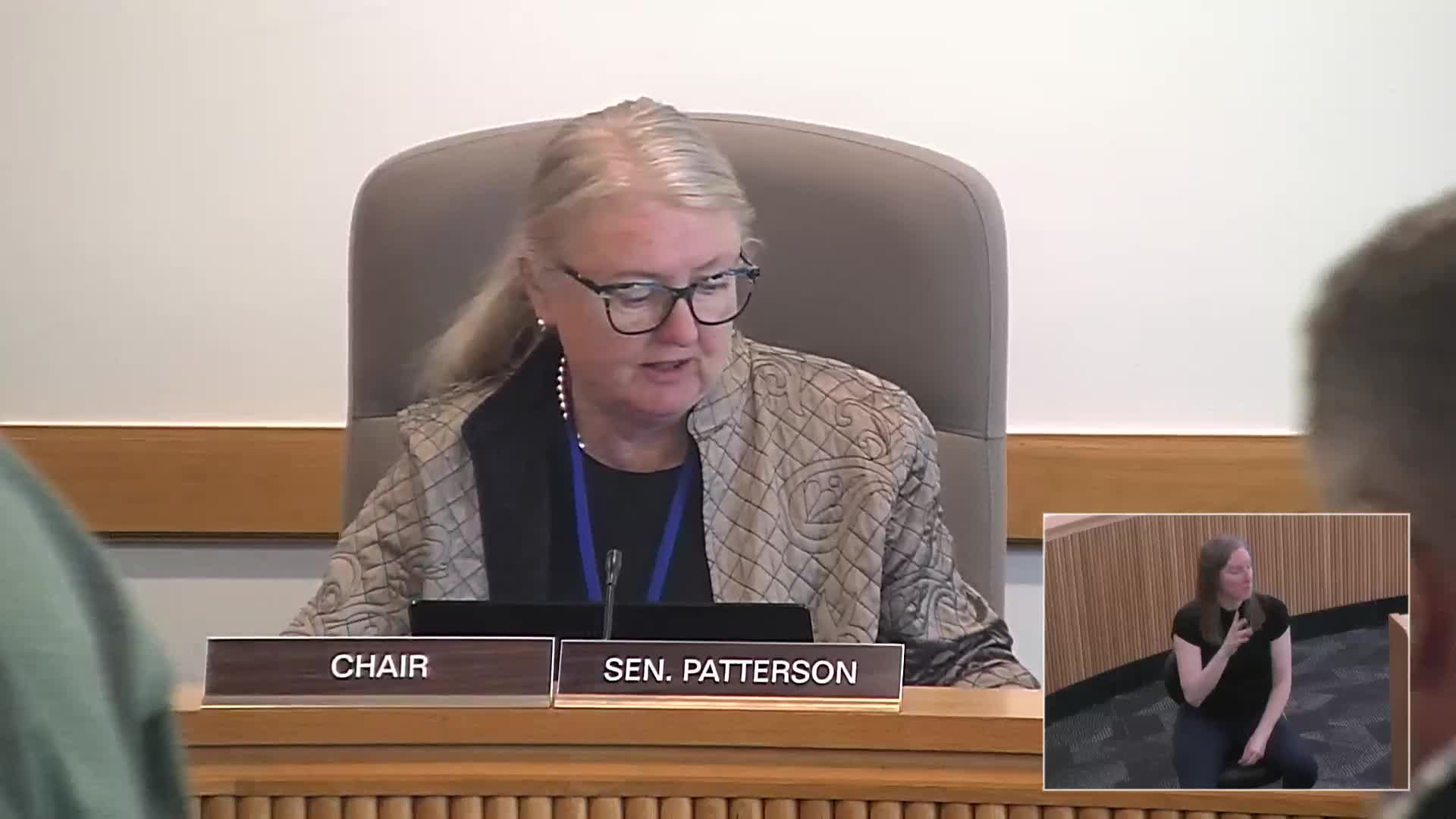Article not found
This article is no longer available. But don't worry—we've gathered other articles that discuss the same topic.

Committee hears bill to let OHA consider adding anesthesiologists and CRNAs to incentive program for rural retention

'Hannah's Law' would ensure clinical nursing decisions in schools remain with licensed nurses, sponsors say

Panel backs requiring electronic death‑certificate filing; committee hears support and implementation concerns

